Scientists question whether technologies such as desalination will create solutions to climate change or just shift the problem.
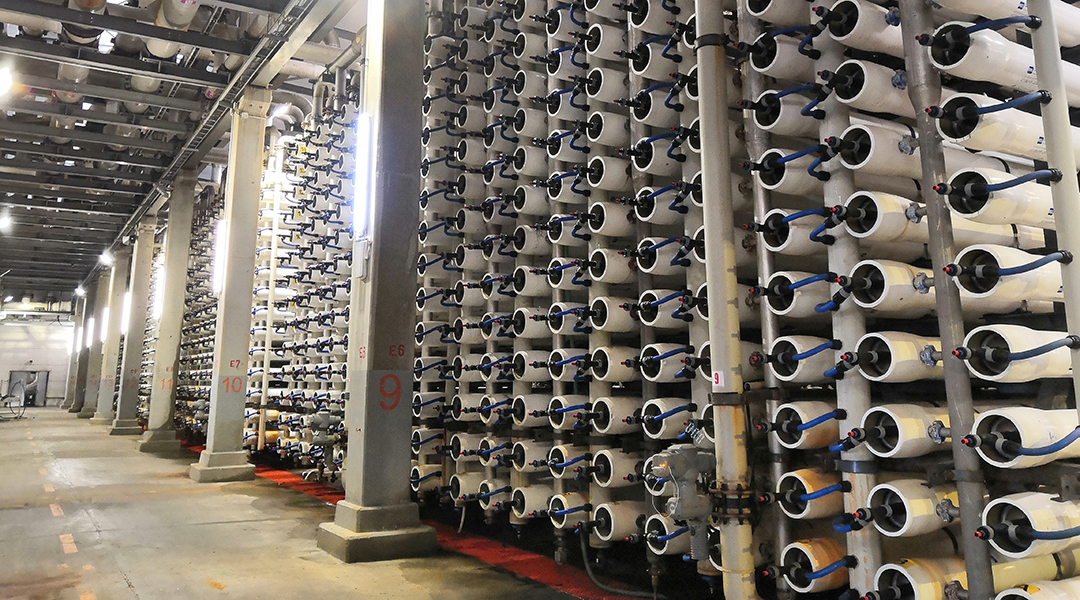

Scientists question whether technologies such as desalination will create solutions to climate change or just shift the problem.

Nature is widely adapted to the current climate, making it harder to adjust to a new one.
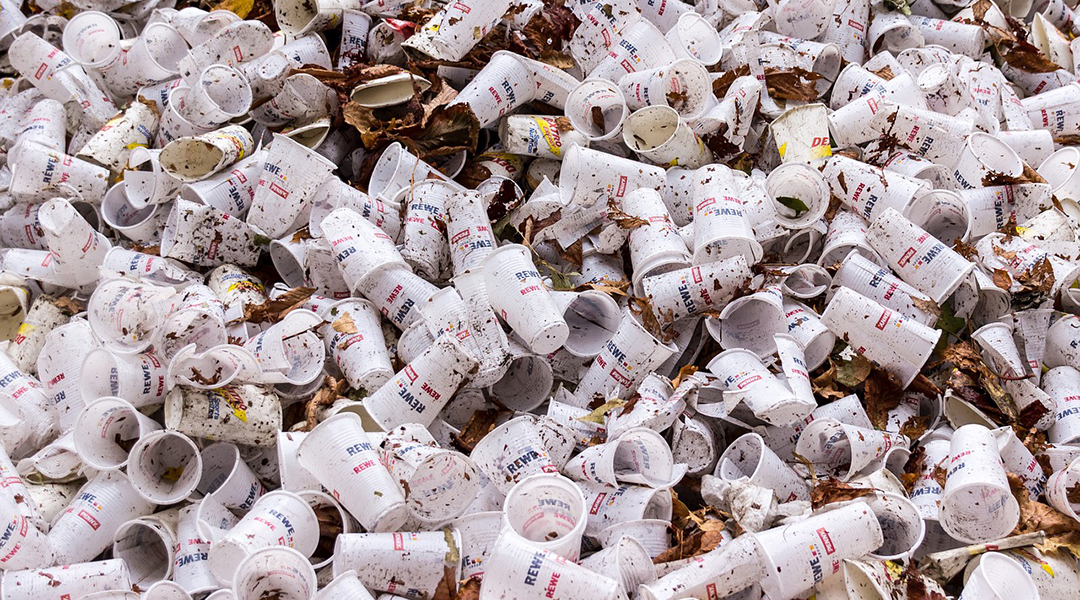
While plastic waste is an issue, its prominence in the general public’s concern for the environment is overshadowing greater threats.

Researchers have developed an innovative method to make advanced coating materials for “smart” sub-ambient radiative cooling in large-scale building applications.
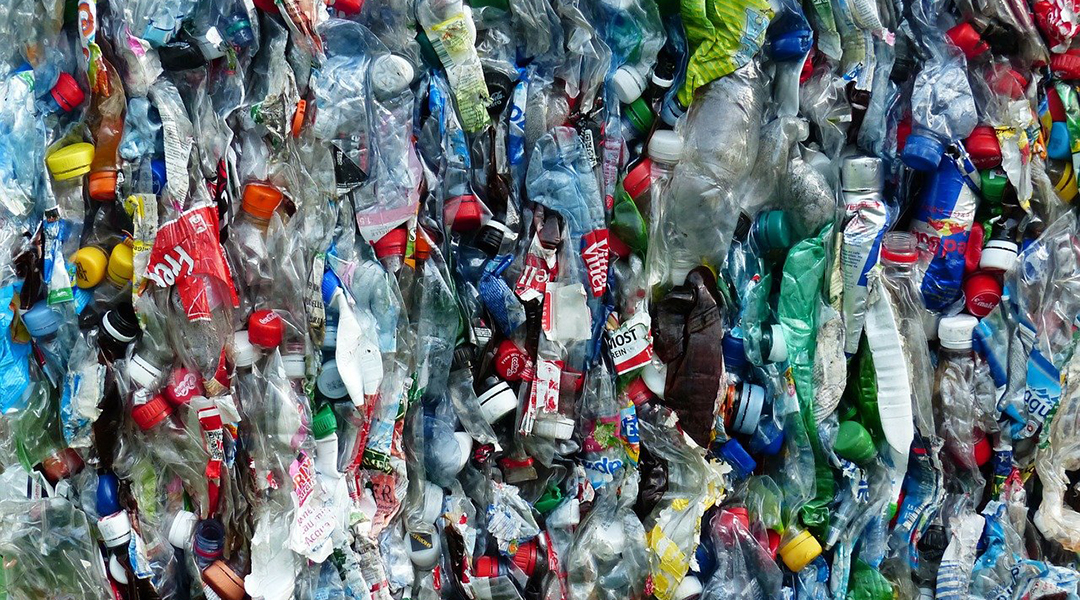
Researchers develop an efficient, low-energy method for upcycling polyethylene plastic waste into valuable molecules that can be repurposed for further use.
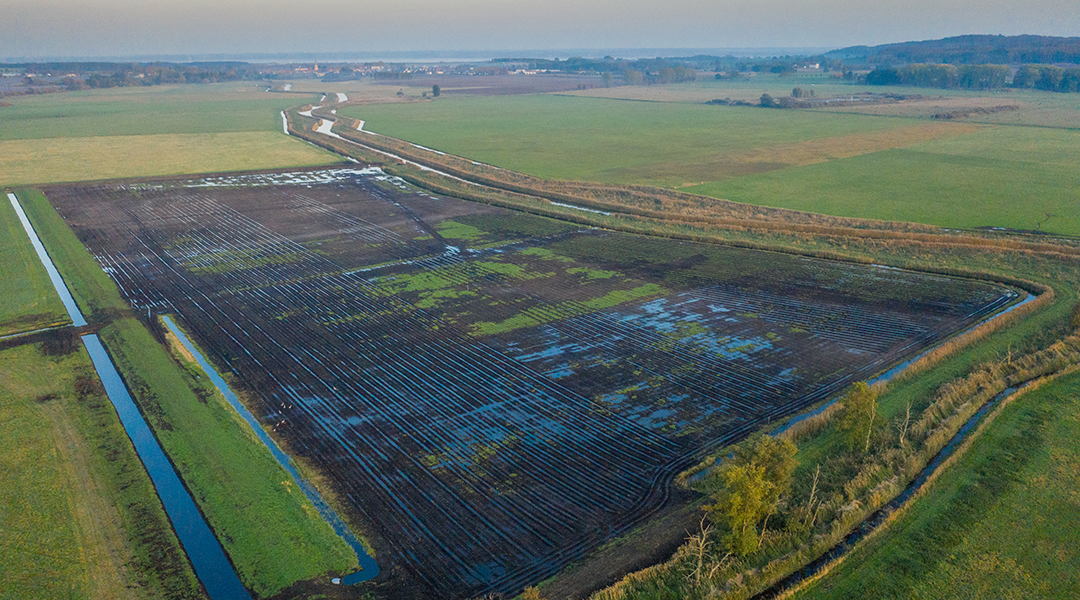
Peatlands are among the most valuable ecosystems on Earth but when damaged are a major source of greenhouse gas emissions.

New research is uncovering the importance of small predatory species in shaping ecosystems and managing threatened populations.
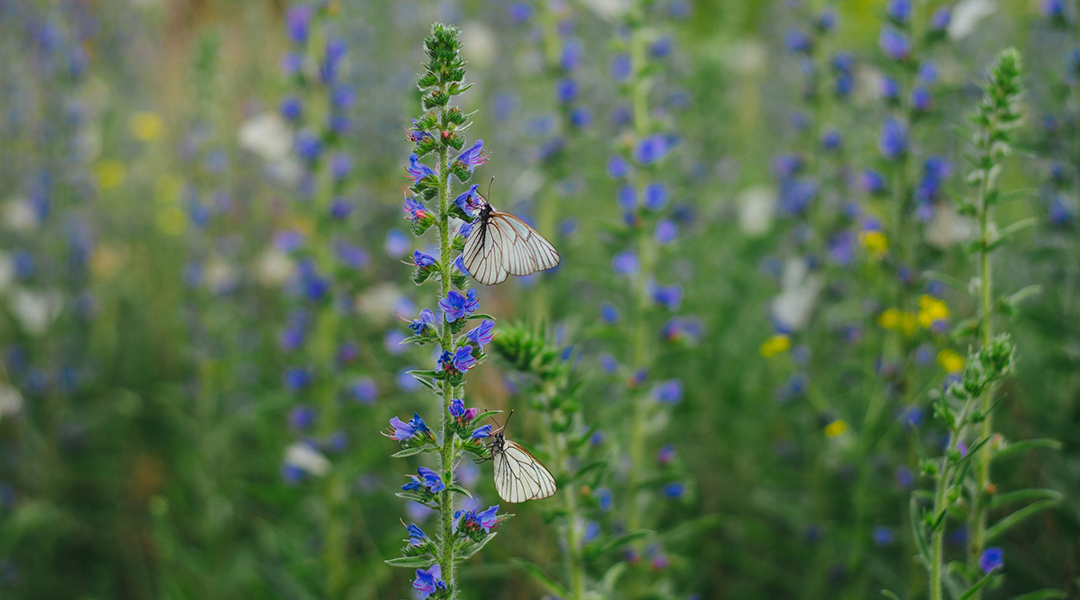
Some species of butterfly rely on shade to regulate their body temperature when it gets too hot.
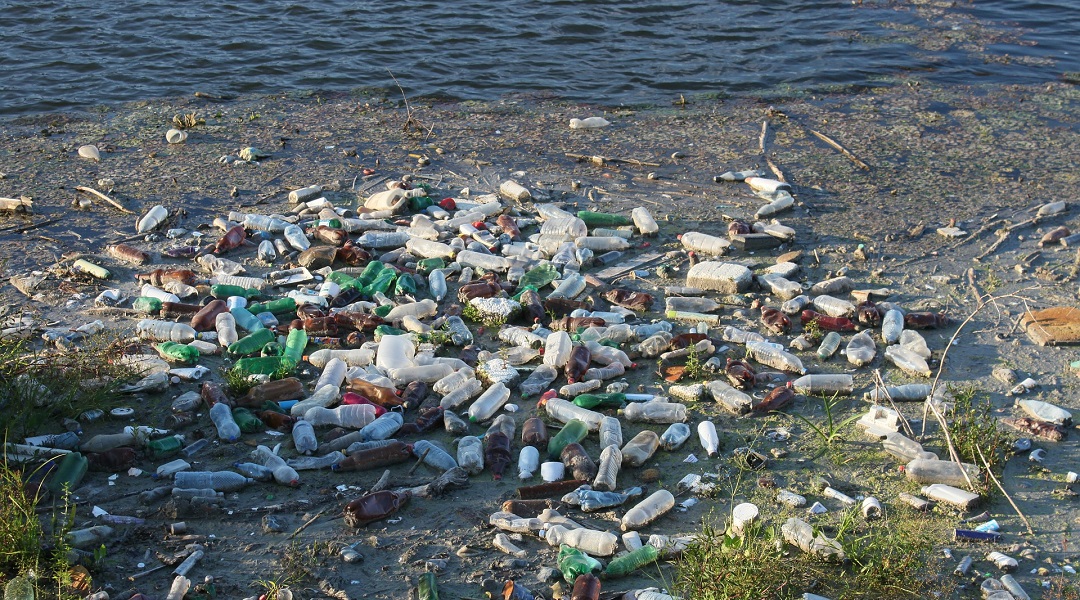
Czech researchers developed self-propelled microrobots that decompose complex solid pollutants, such as single use and disposable textile fibers.
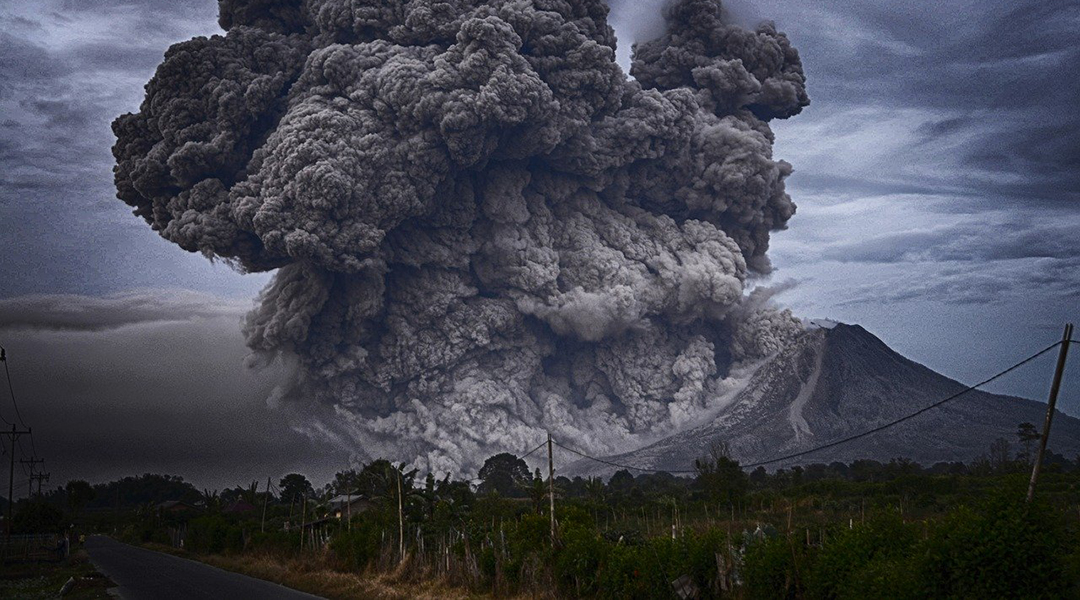
Whilst large-scale volcanic activity has been responsible for huge temperature rises millions of years ago, human-made climate change is happening at a far faster rate.